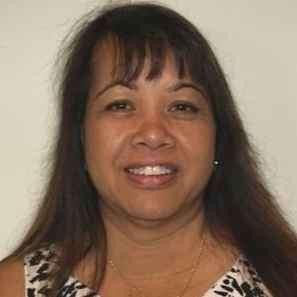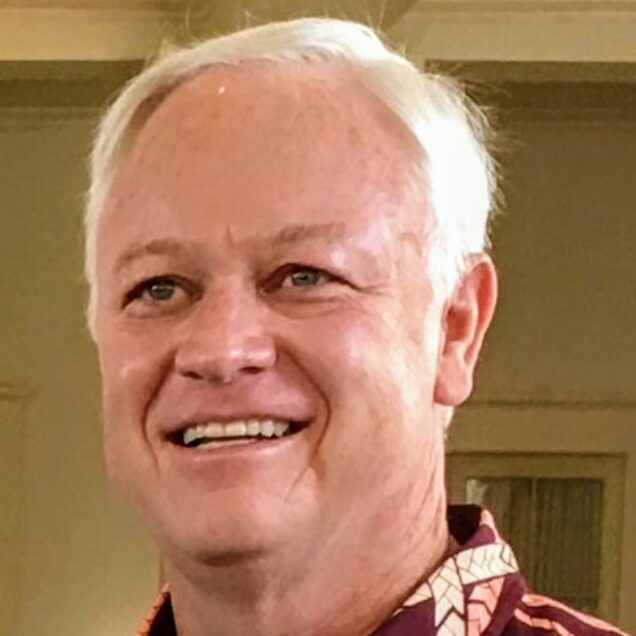In a world where extreme weather events are increasing in severity and frequency, prioritizing energy resilience for homes, businesses, and communities is the only path forward to maintain a reliable and accessible supply of energy. The 11th Annual Hawaii Energy Conference will explore cutting-edge solutions to improve resilience in the face of a rapidly changing climate.
The conference will be held at the Maui Arts & Cultural Center from May 22-23 and will bring together experts in the field to share their knowledge and experiences.
“When we last got together in May 2023 the world looked very different,” said Doug McLeod of DKK Energy Services and a member of the Conference Program Committee. “Our focus for May 2024 is resilience. For me the conference will be a success if it gets people talking about not just how to rebuild the same grid with lower fire risks, but how we can consider other risks like hurricane, tsunami, and land-based quakes as we rethink the grid.”
Wall Street Journal Reporter Katherine Blunt will present the opening Keynote. Blunt is the author of California Burning: The Fall of Pacific Gas and Electric and What it Means for America’s Power Grid; She has covered power, renewable energy and utilities for The Wall Street Journal since 2018 with much of her work focused on wildfires, drought and other challenges facing utilities in the West.
PANEL TOPICS INCLUDE:
Fueling the Future – a look at the difference between biodiesel, renewable diesel, renewable natural gas, and other biofuels. Can these fuels really help with resilience, and do they lower carbon emissions?
Resilience for Vulnerable Populations – Protecting vulnerable populations, including when designing microgrids, planning for distributed energy resource (DER) systems, and implementing power shutoff plans.
Powering Progress: What’s needed for a Resilient and Dynamic Energy Future – Perspectives on what has been achieved and what gaps need to be filled to ensure continued progress for Hawaii.
Resilient Solar – Innovations in residential solar. What are the installers in Hawaii doing to meet the needs of their customers? What are some island-by-island differences?
Using Virtual Power Plants to Support Resilience – A discussion of Virtual Power Plants (VPPs) and the new Hawaii Bring Your Own Device (BYOD) program. The panel will discuss the recent VPP Commercial Liftoff Report from the US Dept of Energy, lessons learned in Hawaii from the successes of the Battery Bonus Program, and challenges as we move ahead under the new BYOD Tariff. The Panel will also premiere a VPP Model Tariff and Legislation.
Centering Equity in Resilience Planning – Resilience planning must be culturally appropriate, participatory, and responsive to local needs. This panel will explore successful efforts to center equity in efforts to build resilience in our infrastructure, natural systems, social systems and communities.
Workforce Development and Energy Resilience – Do we have the labor force we need to increase resilience? Using the apprenticeship requirements of the Inflation Reduction Act to maximize benefits to the community from larger scale renewable energy projects.
Pathways for Geothermal Energy – Is more geothermal energy a good way to increase resilience? What other areas in Hawaii have a viable resource and how have the views of Native Hawaiian groups evolved toward geothermal energy.
Resilient Transportation – Are Electric Vehicles (EVs) part of the answer to increasing resilience? What is the status of the various technologies to allow Vehicle to Grid and Vehicle to Home power transfer.
Resilient Housing and Energy – Energy needs for resilient housing. What are some of the lessons learned since the August 2023 fires?
The panel discussions will be broken up with featured presentations and case studies. There will be an exhibit venue featuring the latest renewable energy technologies and services, as well as social events to facilitate networking and collaboration.
The Hawaii Energy Conference brings together experts and thought leaders to explore the latest advancements shaping the energy landscape including risk management, grid stability, and adaptive solutions that ensure a reliable and resilient energy supply. The cross-section of attendees include: renewable energy industry professionals; developers and contractors interested in microgrids and off-grid; workforce development experts and organized labor representatives; those interested in the intersection between energy and housing; climate and energy policymakers and regulators; entrepreneurs and innovators; and environmentalists and sustainability advocates.
“As the first state in the union to set a goal of getting to 100% renewables instead of fossil fuels, Hawaii positioned itself as a leader in the energy arena,” commented Jacqui Hoover, Conference Chair and Executive Director and COO Hawaii Island Economic Development Board (HIEDB); and President Hawaii Leeward Planning. “While great strides have been made with approximately 35% of Hawaii’s energy needs being met by renewables, navigating to the target date of 2045 to achieve 100% penetration is complex. The Hawaii Energy Conference provides opportunity for attendees to engage in comprehensive and thoughtful discussion with representatives from every corner of the energy sector and set the stage for forward-thinking policy and advancement towards energy self-sufficiency and sustainability.”



Program details and registration can be viewed at www.hawaiienergyconference.com. An advance rate offers savings to those registering before May 15.
The Hawaii Energy Conference is presented by the Maui Economic Development Board (MEDB) with the support of the County of Maui Office of Economic Development. 2024 Sponsors are: Ulupono Initiative, Hawaii Natural Energy Institute (HNEI), Ulupono Initiative, HNEI, Aukahi Energy, Burns & McDonnell, Hawaii Energy/Leidos, Hawaiian Electric, IBEW Local Union 1186, Island Energy Services, Moss & Associates, Par Hawaii, TerraForm Power, AES, Canadian Solar, Generac, Hawaii Gas, HNU Energy, J&M Distributed Solutions, Jurchen Technologies, Kauai Island Utility Coop, NovaTech, Pacific Panel Cleaners, Puna Geothermal Ventures and Trio Energy Alliance.
